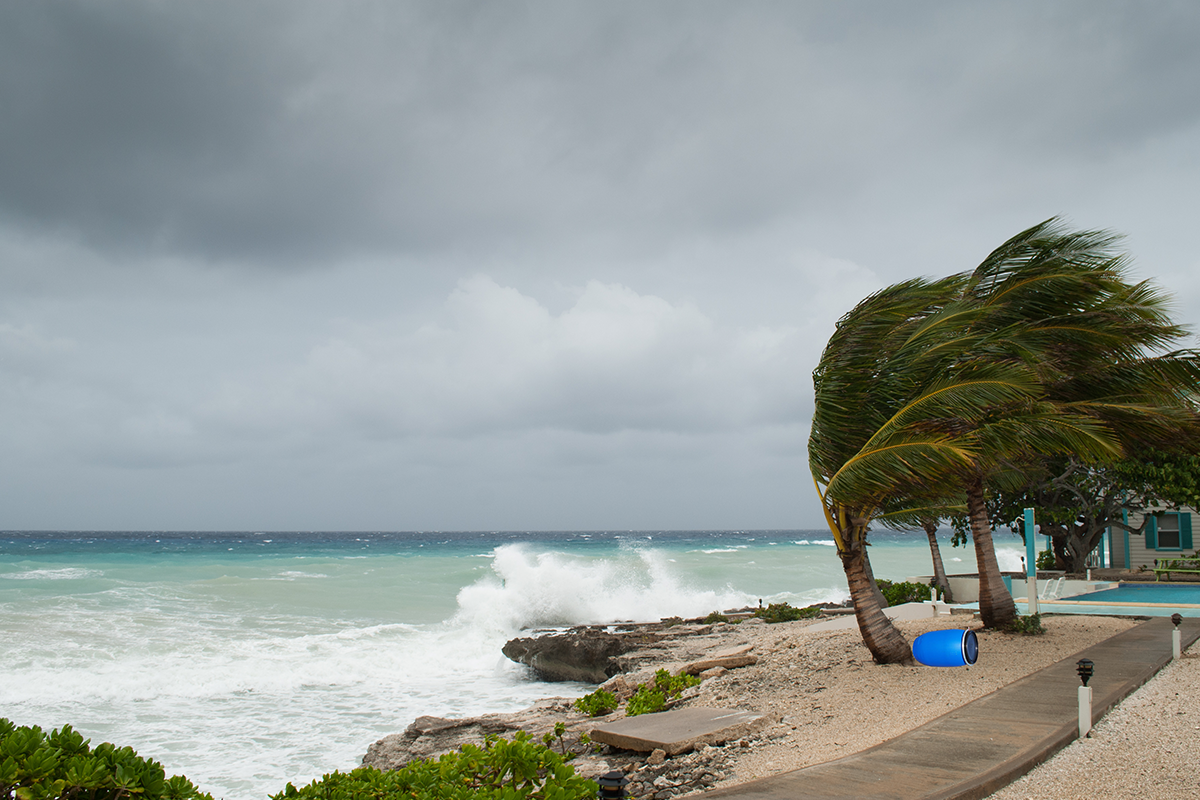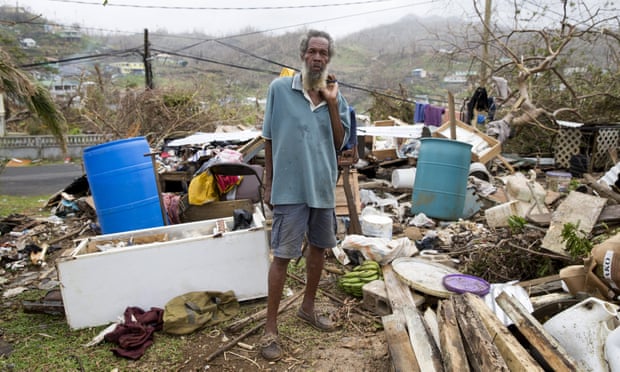Repost from Gal-Dem.com, please follow this link to read Precious Adesina's beautiful review, which connects with so many themes Fathermen is concerned with | intimacy, visibility, care + refigurings of Black fatherhood.
Renee Maria Osubu’s photography explores the intimacy of black British fatherhood
by Precious Adesina
20 JAN
A young man wears a simple white shirt, rolls of dark denim gather just above his knees. He’s at peace, sitting on a velvet sofa with a small child on his lap. In this candid photograph, we see Kadeem kissing his daughter La’nyah-Rose on her forehead in his home in north London, an intimate moment bathed in warm light that will be showcased on digital screens across the UK throughout January for The British Journal of Photography’s Portrait of Britain award. This image is part of a series by 25-year-old British-Nigerian photographer and filmmaker Renee Maria Osubu, titled ‘Fathers and Figures’, which celebrates black fatherhood through everyday experiences.
Renee’s body of work often highlights the beauty of men’s relationships by honing in on the simple moments of life. Her photograph ‘Dealing with Distance’, which also won a Portrait of Britain award in 2019, shows teenage twins Nicholas and Michael in a gentle embrace as they embark on separate journeys. “They have experienced distance for the first time as one is attending university out of London while the other pursues a career in the capital. Meeting the brothers has opened my mind to the importance of companionship among men,” Renee said at the time to the British Journal ofPhotography.
Just before the ‘Fathers and Figures’ series, she also made the documentary DearPhiladelphia in 2019 and 2020, which earned a place at Sundance Film Festival last year.The black-and-white film followed three fathers in North Philadelphia, a part of the US which has garnered a poor reputation as a result of drug-related crimes. Through these men, Renee shows the heart-warming side of a neighbourhood that is often demonised, as they navigate family, friendship and faith.
Like many photographers of Renee’s ilk, her work is influenced by photographers such as Gordon Parks, who is best known for his images of black American daily life inHarlem between 1940s and 1970s. “His photographs of the community are beautiful,”Renee tells gal-dem over the phone on a Wednesday afternoon. “The feeling of freedom, dignity and togetherness is a constant theme in his work.”
But for Renee, music also plays an important role. “A song or album can stay with me for a long time, and influence how I interpret a moment or how I choose for the scenes in my film to flow,” she says, referencing the 1988 album The Miseducation of Lauryn Hill. “I’ve always loved the consideration of the music and interludes of the children speaking in class.”
“I lost my own dad almost five years ago. You are forced to reflect on their whole journey as a person even before you existed”
In 2017, Renee experienced loss which motivated her to focus on black British fatherhood for her follow up project to Dear Philadelphia. “It’s particularly important tome [to chronicle it] because I lost my own dad almost five years ago,” the London-born photographer says. “I’ve always cared about the intimacy and vulnerability of becoming a father that isn’t often shown.” Her father’s death also heightened her interest in what it means to be human. “When a person passes away, you see them outside of [your singular relationship to them]. You see what their whole life looked like,” she says. “You are forced to reflect on their whole journey as a person even before you existed.”
‘Fathers and Figures’ follows both people in Renee’s life and people she has met for the project. Kadeem, who was 25 at the time the photos were taken, was an old friend from primary school. “We were childhood friends, but being so young, we ended up going our separate ways,” she says of them growing apart. She bumped into him during the pandemic and having heard about his new baby, asked to visit his home to take some photographs which rekindled their friendship. “It reintroduced us to each other. To be able to see him in this new stage of his life was really special.”
Renee isn’t entirely sure why this specific photograph was picked for the award, but regardless, she believes it shows the times we’re currently in. “What it means to beBritish is changing,” she says. “There’s an acceptance and realisation of the black British experience.”
For Renee, documenting everyday experiences has political power. To some, her work appears simply as images of father figures, but they go deeper, transforming stereotypes surrounding black men.“I think what’s really important to me is thinking about what impact my work has on the people within it. I think about what it does for them to be acknowledged just in their everyday existence,” Renee says. “Discussion surrounding black men tend to be through a white gaze. Most of the time it’s about criminal activity, violence or it’s about not being good enough.”
In the UK, black fathers are often vilified by politicians and the media. In 2008, David Cameron called for a ‘revolution’ asking ‘absent black fathers’ to ‘meet their responsibilities.’ In 2019, the journalist Rod Liddle wrote an unsavoury piece for TheTimes on the stabbing of a 14-year-old child titled “Half of all black children do not live with their father – and we wonder why they are dying.” Afua Hirsh fervently disagreed with the article. “There are many predictors of violent behaviour more relevant than ‘absent fathers’” she wrote in response at the time listing education, mental health, poverty and social issues. All discourse like this does is erase the many black men navigating one of life’s hardest tasks: parenthood.
So Renee scoured the streets of London for inspiration bumping into fathers and their kids, chatting and spending time with them while she created the series during the pandemic. In one photograph, a man poses in front of a store full of fabric in eastLondon, holding shopping in one hand and grasping a pole with the other. His long grey hair is tied back, he has an almost full beard and he seems excited to be photographed. “Alfonso was so strong and so picture-perfect,” she says. He actually approached Renee after seeing she was holding a camera. “It was as if he was reading my mind. I told him about my project and he asked whether ‘being a grandfather of 18makes the cut?’”
“Discussion surrounding black men tend to be through a white gaze. Most of the time it’s about criminal activity, violence or it’s about not being good enough”
Paternal relationships go beyond the biological bonds of fathers, or grandfathers in this case. Sports can foster similar dynamics. “Me and my dad used to watch boxing together. It’s something that we really loved when I was a little kid. Bevis, who is in some of the images, we go to the same church and he’s a boxing coach,” she explains. He teaches at Selby Boxing Club, a fitness space and non-profit organisation inTottenham, north London. He was training two professional boxers at the time the photographs were taken, Jordan and Jeff. “Bevis sees some of these guys like his own sons. They train, but he also talks to them about their wellbeing, about family, about relationships or if they need help figuring out their life and finances.” Jordan, who is also photographed with his daughter Callie in the series, has said he is grateful for the role Bevis has played in his life.
Stereotypes never present the whole picture, and in the case of black fathers, presents a community of parents in a way that is demeaning and dehumanising, something Renee’s project actively works against. “There’s a tenderness that comes with becoming a father.Not all men are great dads but there are a lot of men out there who are giving their best,” Renee adds. Celebrating men who are finding their feet in one of life’s most titanic tasks allows her to process and honour her late father who continues to inspire her. “With all his imperfections, he was somebody who cared so deeply.”

























